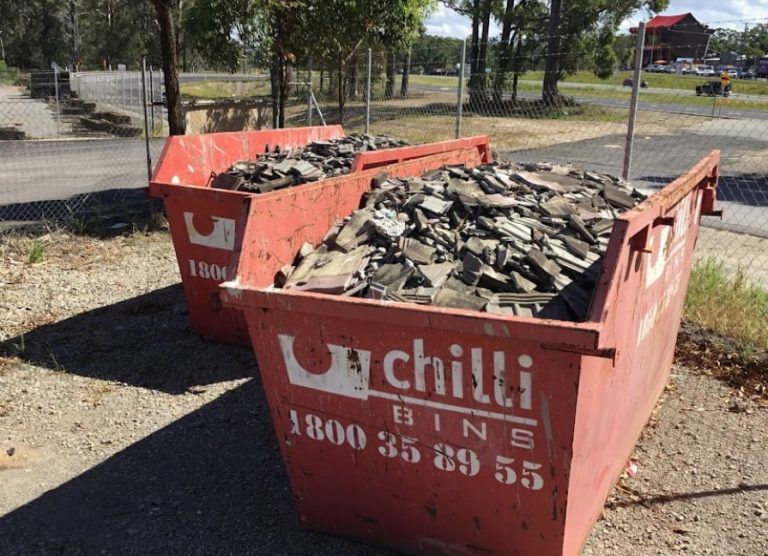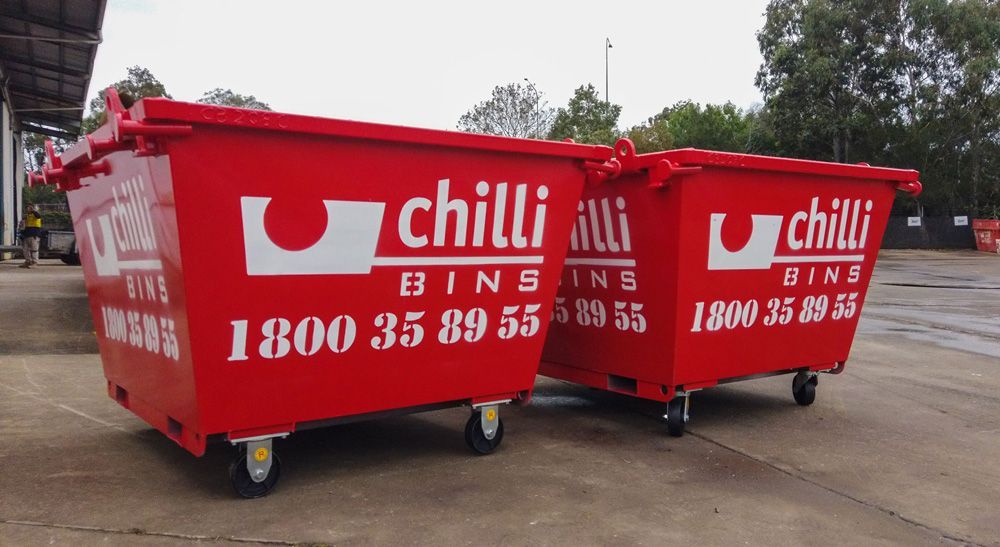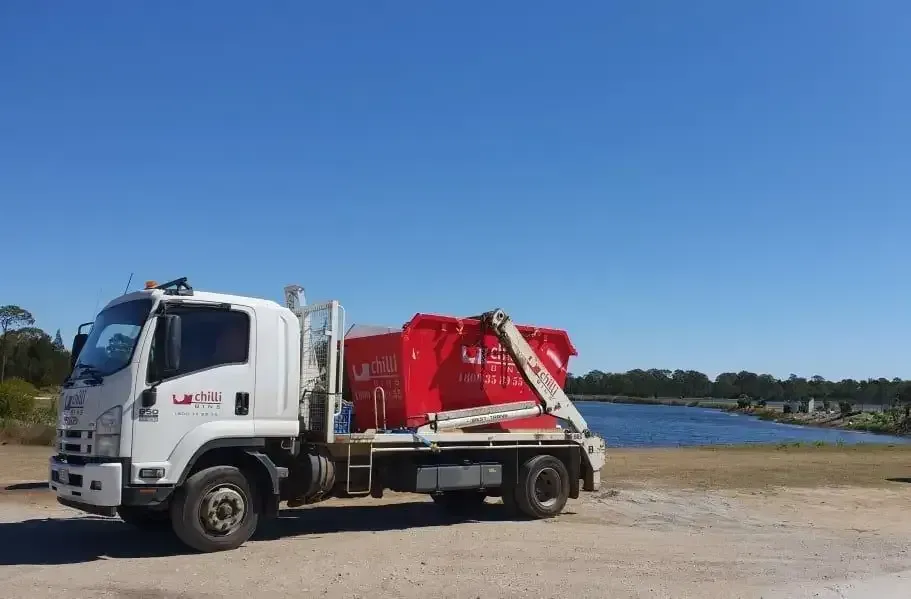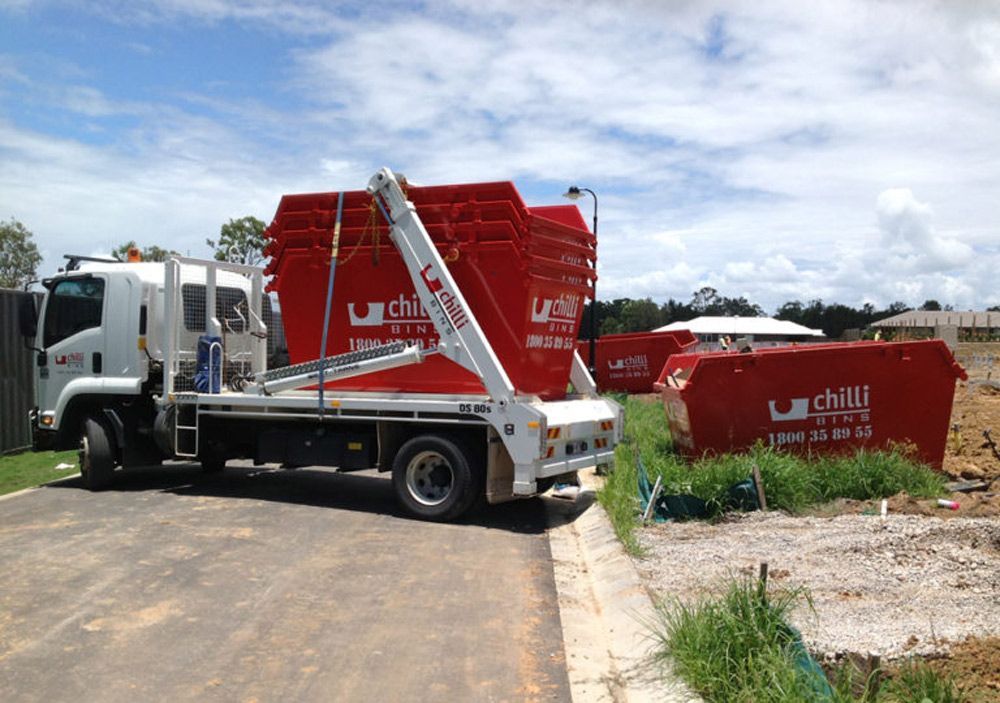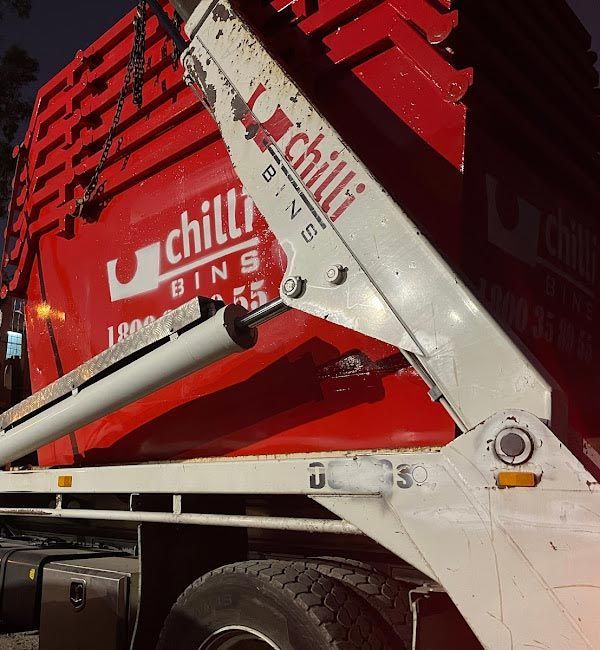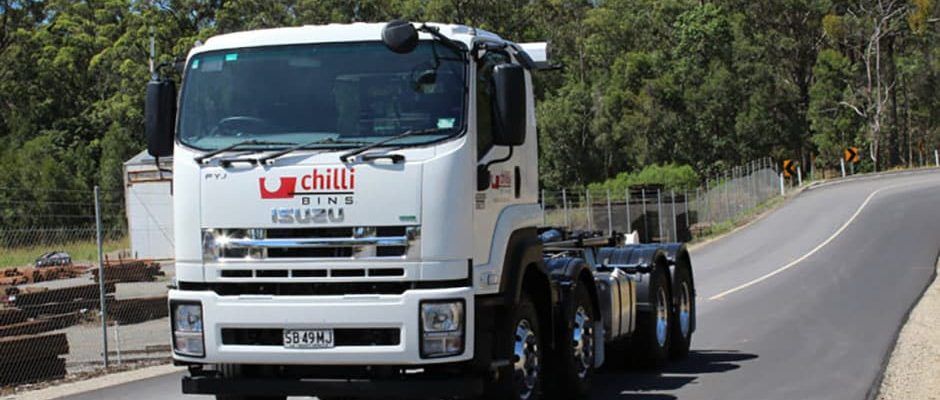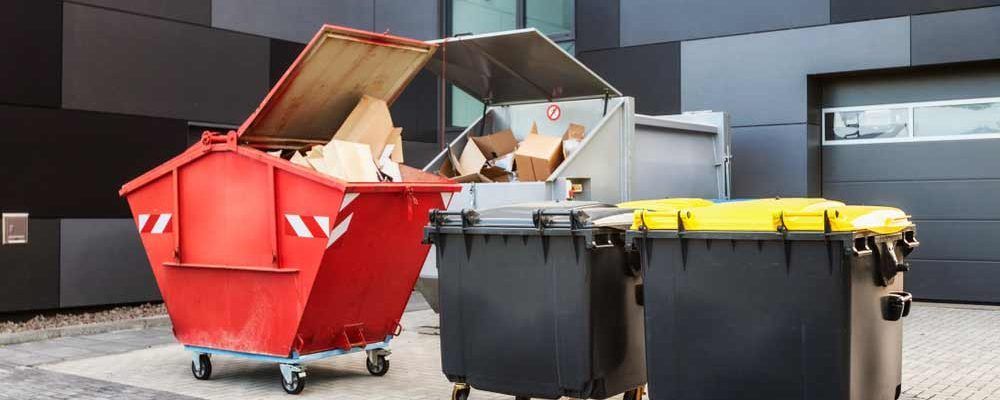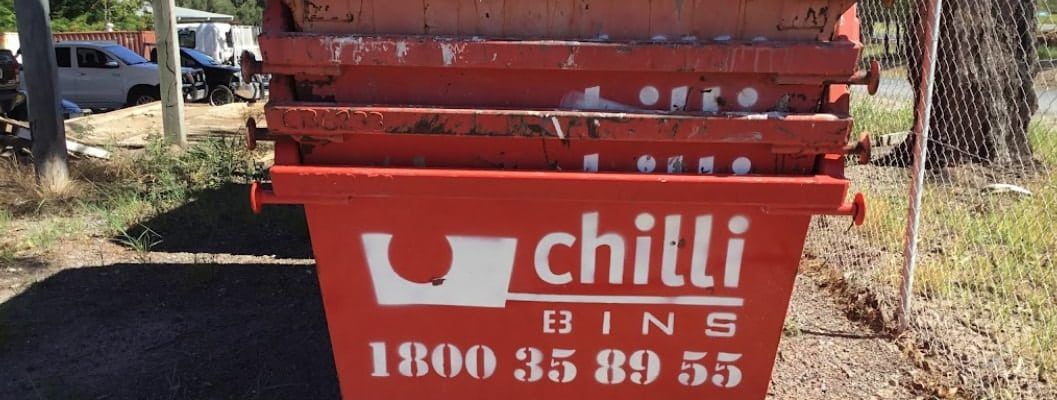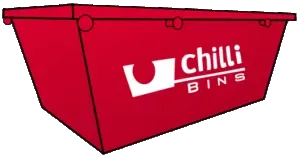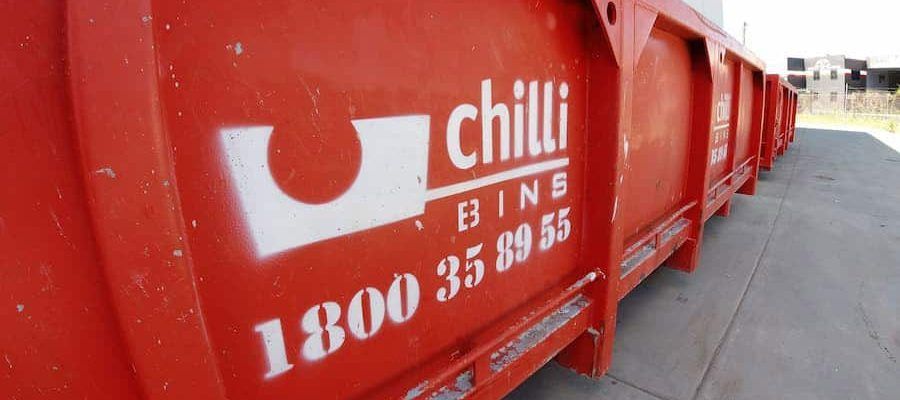What Can I Put In A Skip Bin?
Whether you are simply cleaning out your garage or running a construction business, waste management is important and skip bin hire provides plenty of benefits.
They are a cost-effective way to get rid of bulk waste, saving you the time and effort to haul it to the tip yourself. It also means the waste is going to be sorted and recycled so it won’t all end up in landfills, making them a sustainable and environmentally-friendly waste management solution.
These skip bins come in a variety of shapes and sizes, depending on your needs, and you can even order options with doors so that you can easily dump bulky items without having to strain yourself. They can be delivered to your door and collected when you are ready, making getting rid of rubbish quick, simple and painless.
It is important to note, however, that there are various laws, guidelines and restrictions on what can be placed in these bins. While most of the waste you want to get rid of will be fine, there are some items that will need specialist waste collection and management.
What Type Of Waste Can I Get Put In A Skip Bin?
Before we move on to the hazardous types of waste and other forms of rubbish that cannot be dumped in a skip bin, we will explore the items you can dump in these bins. Fortunately, most household, business and construction waste is perfectly fine. As a general guide, these are the types of rubbish that you can have removed in a skip in:
General Waste
Everything from your household or garage clean up, office move or renovation project is likely to be fine. Cardboard, paper, timber, clothes, toys and fabrics are all acceptable. You can even dump white goods and some appliances (more on that later).
Construction Waste
Heavy materials like bricks, concrete offcuts, pavers, tiles, ceramic materials, metal scrap and anything else from the job site can be safely disposed of in a skip. Most of these materials will be recycled as well.
Dirt & Soil
Everything from a garden makeover or an excavation project can safely be disposed of in a skip bin. Ensure materials like dirt and sand are separated and be mindful of the weight limit of the skip. You might not be able to fill the skip all the way to the top.
Green Waste
All organic materials from a yard clean up or other projects, including woodchips, branches, lawn clippings, weeds and all other green materials, are fine for skip bins. Just bear in mind that soil and dirt will need to be in a separate bin.
What Size Skip Bin Do I Need?
Choosing the appropriate size skip bin can be a challenge, so we have created a guide to assist you in selecting the right size for your project. Learn more about what size skip bin you need today!
What Types Of Materials Cannot Go In A Skip Bin?
A lot of the things that cannot be placed in a skip bin are common sense. Chemicals, gas bottles and fuel containers all carry elements of risk and will need to be correctly disposed of. Specialist waste like medical byproducts also needs to be collected by specialist companies.
Any hazardous products, like asbestos, batteries (of any kind) and poisons cannot be thrown away in a skip bin. Basically, if the waste could potentially harm someone, it cannot be collected by any general waste disposal service.
However, there are a number of things that need to be disposed of properly at landfill or specialist collection sites, or that could damage skip bins and that is not permitted. These items include:
- Food scraps
- Wet concrete
- Tyres
- Paint
- Oil
- Glue
- E-waste (computers, televisions, phones, etc.)
- Electrical equipment
- Lighting
Can I Put White Goods In A Skip Bin?
It is possible to place white goods in a skip bin, but you must first remove all of the doors and ensure fridges/freezers are de-gassed. Most, if not all, white goods contain chemicals that can be hazardous, so they need to be disposed of properly. If not, they could leak and cause environmental damage or health concerns.
If you’re not confident in handling this yourself, it might be best to consider a different kind of disposal. In some cases, you can simply leave your white goods on the roadside for collection by your local council, but you’ll need to research this beforehand as not all areas offer this service. Alternatively, you can make arrangements with your local waste management company to dispose of them safely.
You could even sell them to a company that buys white goods second-hand or give them to a scrap merchant. These people will know how to dispose of them or repurpose them properly, and you might even get some money for your items too.
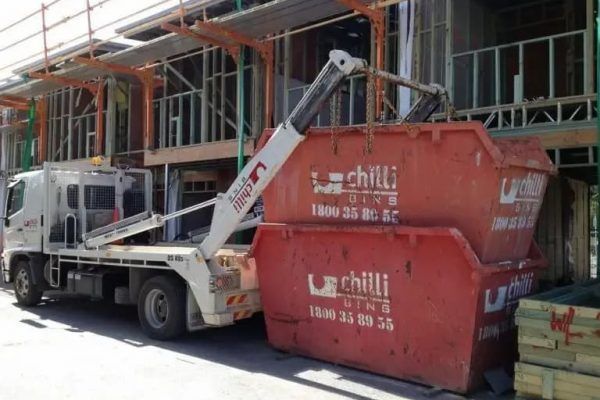
Tips For Properly Preparing Waste For A Skip Bin
First things first, you need to think about how much waste you’re getting rid of and what kind of waste you have. This way, you’re much more likely to order the right skip bin and will be able to dispose of your waste without any hassle.
Once you have your skip bin, begin by loading all of the flat items into the skip first, followed by large, bulky objects. Finally, place all smaller, miscellaneous items inside any empty spaces. You can crush items down before placing them inside if this will make it easier to fit everything in.
Remember not to overload your skip bin, and keep the prohibited items listed above out of it. You can find more tips on how best fill your skip bin to load your skip bin effectively by checking out this.
How To Best Fill Your Skip Bin
Properly filling your skip bin not only helps maintain stability of the load but also allows you to maximise its capacity. Our easy-to-follow, six-step skip bin filling guide guarantees safe and efficient utilisation of the bin space. Learn more about How To Best Fill Your Skip Bin today!
The Implications Of Putting Prohibited Waste Into A Skip Bin
While it may be tempting to put prohibited waste in your skip bin, we strongly advise against this. We will have to find a way to dispose of it properly, which is not only expensive for us, but may mean that we have to charge you an extra fee.
You may also be fined if you put prohibited waste in a skip bin, as it can cause serious health problems for those handling them, particularly if they are toxic. The chemicals may leak over the other items in the skip bin too, meaning that they will have to be cleaned up before being scrapped. This is very wasteful and may result in perfectly recyclable items becoming unusable.
What Happens If My Skip Bin Is Overfilled?
No matter how eager you are to get rid of all your waste, it’s best not to overfill your skip bin, as this makes it extremely difficult to transport safely. If your skip bin is overflowing, we may refuse to collect it in this condition. You could also be asked to pay an additional fee for the excess rubbish before we reschedule your collection.
You can prevent your skin bin from overflowing by ensuring you pick the right one in the first place. If you’re not sure what size skip bin is best for you, check out our blog about what size skip bin you’ll need.
Contact Us To Learn More About What You Can Put In A Skip Bin
If you live on the Sunshine Coast and would like more information on what can go in a skip, or how to dispose of the products not allowed in a skip bin, give the team at Chilli Bins a call on 1800 358 955 today to speak with a member from our friendly staff.
